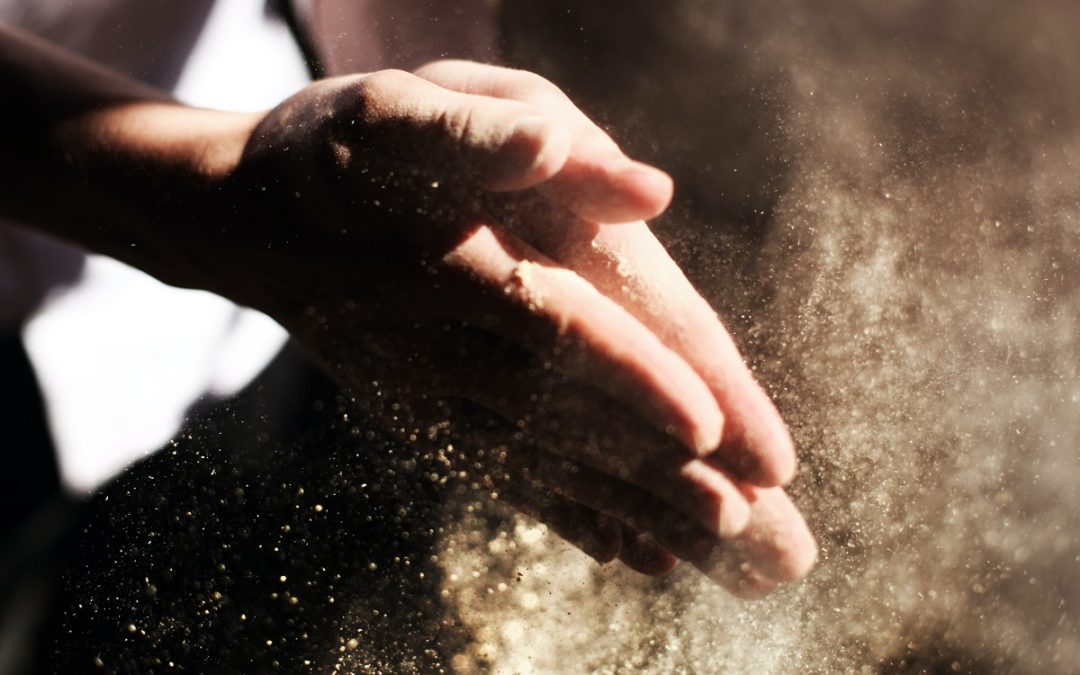Last month we held a seminar on our ‘Art of Touch’ Biodynamic Craniosacral 2-year professional training and the feedback has been excellent.
The course is suitable for you if you’re a health professional considering adding a new modality to your work or an individual wanting to start a career in an exciting and evolving therapy.
This training is designed for people to join for either module one or two, and we have a few places left on both our London training and our Galway training.
Would you like to become an expert in touch? Please send me an email and let’s chat about whether this is the right programme for you.
About the curriculum:
You can explore the full curriculum here: https://bodycollege.net/curriculum
Training with Body College is intensely focused on practical work. Theory is great, and we have lots of ideas to explore, but the practice of putting your hands on is key to becoming a Biodynamic Craniosacral Therapist (BCST).
You will develop your perceptual skills by the regular and consistent practice of touch.
Perception requires involvement. The first thing you meet in attempting to offer the ‘relational touch’ of BCST is yourself. To that end, we teach a range of meditative skills in class time and via self directed study.
Body College is a sister college to Body Intelligence. We have been teaching BCST for over 10 years in more than 40 cities around the world. We have lots of experience and tools to support your study and skills building, including the course book Cranial Intelligence written by Ged Sumner and Steve Haines, and our own wiki: www.bodycollegewiki.net
Once you have learnt to meet your own resources and settle under your needs, you have much more potential to be open to meet another human. Seminar 1 is all about core skills to support safety and how to negotiate setting up a ‘relational field’ that meets a whole person.
Early seminars develop understanding and skills on meeting trauma.
The most important decision your brain is making is ‘Am I Safe?’. Learning about the defence cascades of ‘fight-or-flight’ or ‘freeze’ forms a backdrop to all our work.
As a community of people working in the cranial field we have learnt to value and interact with certain core phenomena of health; feeling rhythms and slow tides, orienting to midline function, appreciating shapes in the form of the body, connecting to flow and harmony in fluid systems, finding a neutral and deepening into stillness.
In Seminar 2 there is a focus on the midline and we introduce embryology.
In Seminar 3 we explore the tissue field as a unified whole.
We will practice letting go into wholeness, presence and learning to trust something greater than your intellect. There are deep, emergent forces of health we can access in a skilled relational field. BCST is a practice of non-doing and trust in the way of life. Sutherland, the founder of the cranial paradigm, called this the ‘Breath of Life’.
By the end of Seminar 4 you will be familiar and skilled at interacting with these core phenomena. You will have learnt to feel stories in the spine, cranium, pelvis and the living matrix of fascia. Your verbal interactions, perceptual skills and meditative awareness will start to become increasingly enhanced and powerful.
We are shaped by experience; birth is an early and defining experience in the cranial paradigm.
On Seminar 5, at the midpoint of the course, we will start to explore how birth processes impact our health and how to relate to early dynamics in our physiology.
The second half of the course includes rich insights on meeting viscera in Seminar 6, the nervous system in Seminar 7 and the facial complex, including the jaw in Seminar 8. We will strive to always appreciate complexity and larger field dynamics in finding health. We do a deep dive into pain science.
We finish with looking at skills to work with parents and babies in Seminar 9. During this seminar we revisit and celebrate complexity in understanding suffering and trauma. Seminar 10 completes with the beautifully dynamic web of cells, stress and immunity communicating by fluids. We return to stillness.
There will be space to explore professional practice and client management throughout the course. We want you to be a confident, professional expert in touch, ready and able to help people suffer less from pain, anxiety and trauma.
If you’d like to learn more about the course, please send me an email and let’s chat about whether this is the right programme for you: [email protected], or you can find out more about the trainings here:
Biodynamic Craniosacral Therapy (BCST):
Relational Touch, Intro Eve Galway: 24 Nov 2022
The Art of Touch 2 Year Training: London join at Sem 2 starts 7 Dec 2022
The Art of Touch 2 Year Training: Galway join at Sem 2 starts 7 Dec 2022



I am receiving cranio treatment at the moment and processing what arises.
Doing this course would greatly interest me. I come from a nursing background.
It is Sept /Oct 2023 that is realistic for me.
Can you please keep me on your mailing list?